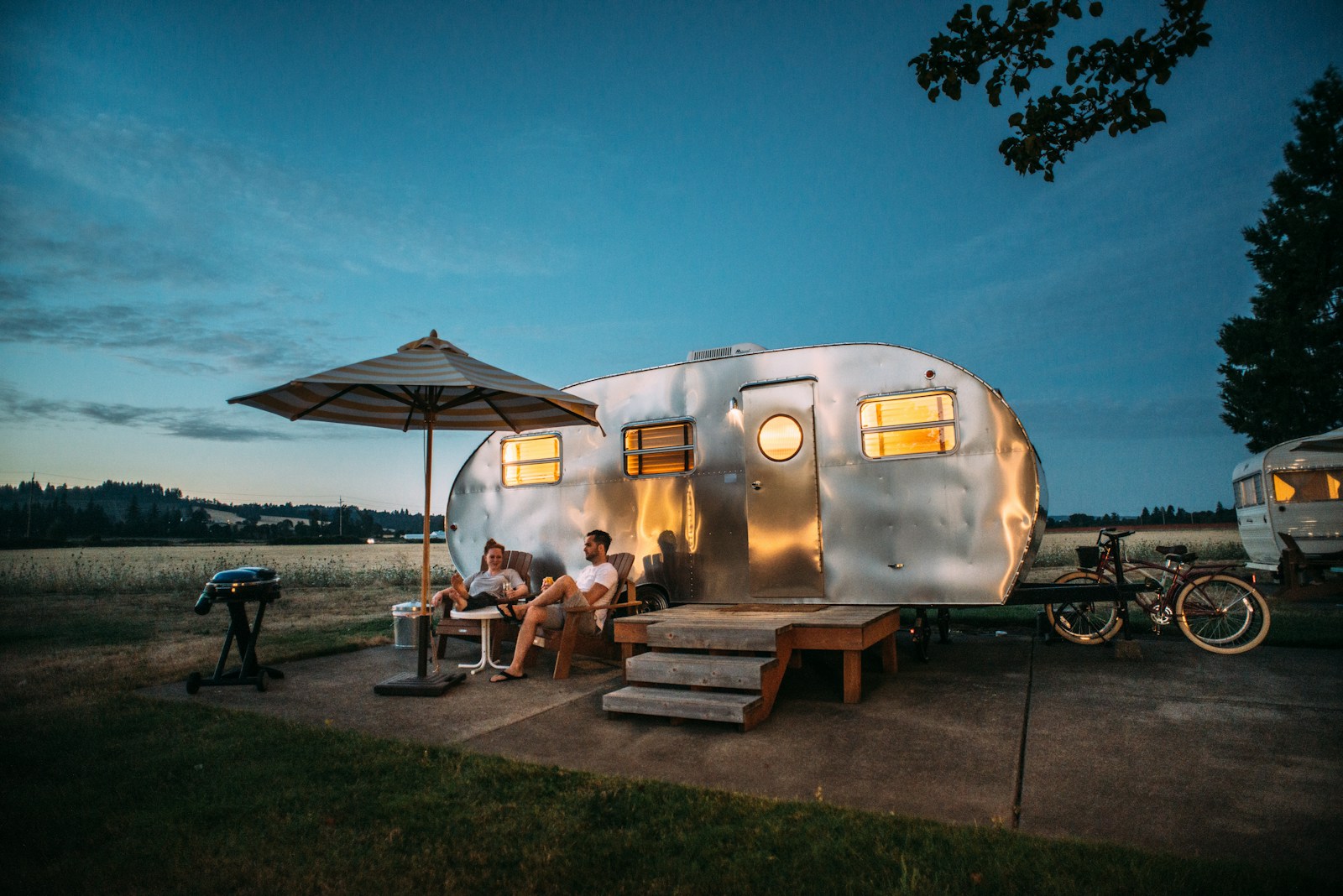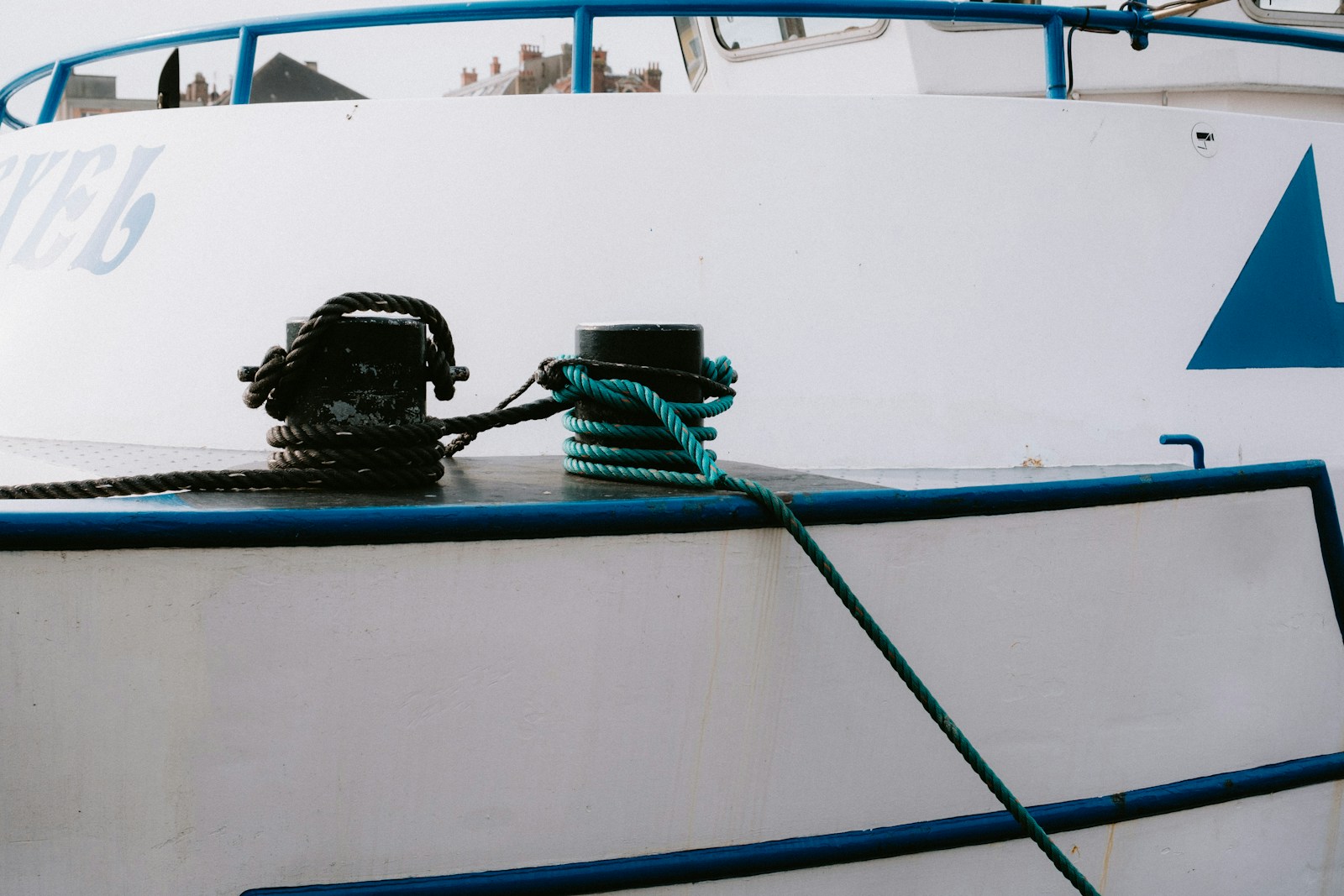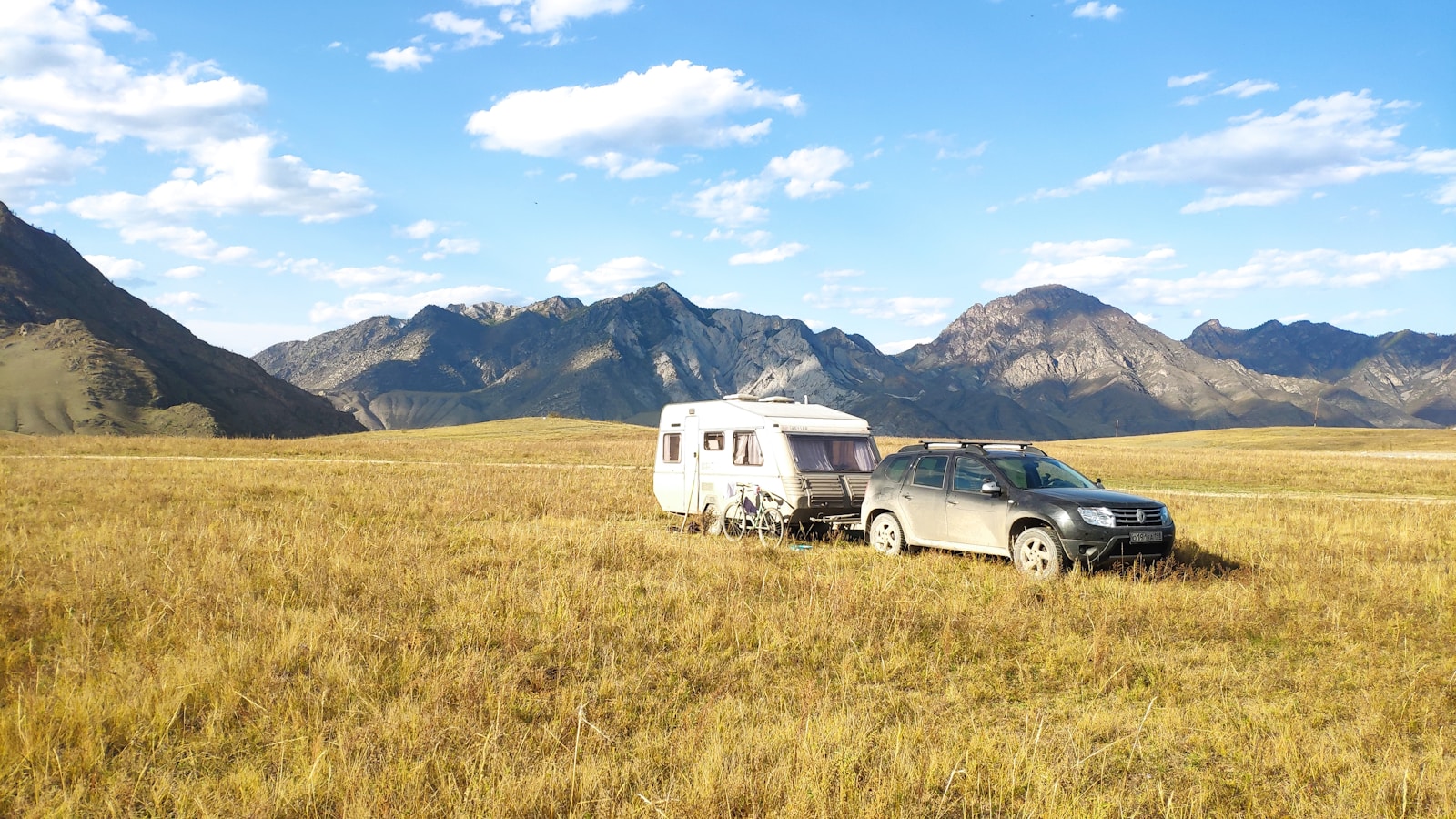When it comes to protecting your trailer and its contents, one key safeguard stands out—trailer insurance. Whether you’re hauling a travel trailer for summer adventures, an industrial trailer for business needs, or a motorhome for cross-country road trips, having the right insurance coverage is crucial.
This comprehensive guide will walk you through everything trailer owners need to know about insuring their trailers, understanding coverage options, and getting accurate quotes tailored to your unique needs.

What Is Trailer Insurance?
Definition and Purpose of Trailer Insurance
Trailer insurance is a specialized type of insurance designed to protect trailers from damages, losses, or accidents. It offers coverage for both physical damages to your trailer and its contents, as well as liability protection for any accidents involving your trailer.
The purpose of trailer insurance is twofold:
- To financially protect trailer owners from unexpected events—be it theft, vandalism, or accidents.
- To provide peace of mind knowing that you’re covered if something goes wrong.
Importance of Having Trailer Insurance
Your trailer is an investment, whether you use it for recreational getaways or for work. Without insurance, you could face hefty out-of-pocket expenses for repairs or replacements. Even a minor accident could result in financial strain if you’re not covered.
Additionally, liability coverage ensures you are protected if your trailer causes bodily injury or property damage. This is particularly important because, in most states, liability insurance is legally required when towing a trailer.
Types of Trailers That Require Insurance
Not all trailers are the same, and different types may require different coverages. Examples include:
- Travel Trailers (e.g., campers, fifth wheels)
- Motorhomes
- Utility or Industrial Trailers
- Other Recreational Vehicles such as toy haulers or pop-up trailers
- Trailers with Their Own Engine, like motorhomes or self-powered RVs
- Trailers Towed Behind a Vehicle, such as boat trailers or utility trailers
Knowing the type of trailer you own will help determine the coverage you need.

Types of Trailer Insurance Coverage
Liability Coverage
What It Covers: Liability insurance is essential as it covers bodily injury and property damage caused by your trailer in an accident.
Why It Matters:
- It protects you financially if your trailer causes harm to another party.
- It is legally required in most states when towing a trailer.
Comprehensive and Collision Coverage
Comprehensive Coverage protects against non-collision-related damages like theft, vandalism, fires, or natural disasters.
- Example: Your trailer’s windows are damaged by hail, or it gets stolen from a parked location.
Collision Coverage ensures you’re covered if your trailer is damaged during a collision with another vehicle or object.
- Example: Your trailer is dented after backing into a pole.
Both types of coverage are optional but highly recommended if your trailer has significant value. They help reduce out-of-pocket expenses for repairs or replacements.
Travel Trailer Insurance Options
Unique Needs: Travel trailers often house personal belongings, making additional coverage for contents and equipment necessary. A comprehensive travel trailer insurance policy might also include perks like emergency towing for stranded vehicles or lodging coverage if you’re unable to use your trailer while it’s being repaired.
What Does Trailer Insurance Cover?
Damages and Losses
Trailer insurance policies include coverage for damages or losses caused by accidents, theft, vandalism, fire, or natural disasters. You can claim compensation for repairs or complete replacements, ensuring your trailer stays road-ready.
Contents and Equipment
Many policies offer additional coverage for items and equipment inside your trailer.
- Example 1: Tools, camping gear, or personal electronics may be covered.
- Example 2: Specialty equipment like solar panels or towing hitches can also be insured.
This ensures the entire value of your trailer and its contents are protected.

Trailer Insurance Costs and Quotes
Factors Affecting Premiums
Trailer insurance costs will depend on several factors:
- Type of Coverage (e.g., liability versus comprehensive and collision coverage)
- Value of the Trailer (higher-value trailers may carry higher premiums)
- Driving History (traffic violations or past claims can influence costs)
- Type of Trailer (e.g., motorhomes may cost more to insure than utility trailers)
- Insurance Company (rates vary by provider and their underwriting criteria)
Getting a Quote
You can obtain trailer insurance quotes from an insurance agent or directly through online tools. To get an accurate quote, be prepared to provide details about:
- The trailer’s make, model, age, and weight
- How you’ll primarily use the trailer (e.g., recreational travel vs. business hauling)
- The type of coverage you’re seeking
Tip: Compare quotes from multiple providers to ensure you’re getting the best deal without sacrificing coverage.
Frequently Asked Questions About Trailer Insurance
What is trailer insurance?
Trailer insurance protects your trailer and its contents from damages and losses, while also offering liability coverage for accidents caused by your trailer.
Do I need trailer insurance?
Most states require liability coverage when towing a trailer. Comprehensive and collision coverage is optional but highly recommended for added protection.
What does trailer insurance cover?
Basic policies cover damages, theft, collisions, vandalism, and liability. Additional options may include content coverage or emergency roadside assistance.
How much does trailer insurance cost?
Costs vary based on factors like coverage type, trailer value, and the insurance company you choose. Quotes typically range from $75 to $500 annually, depending on your trailer and coverage needs.
Are there discounts available?
Yes, bundling your trailer insurance with other policies, maintaining a good driving record, or being part of certain organizations can make you eligible for discounts.
Additional Tips and Considerations
Bundling and Discounts
Save money by bundling your trailer insurance with other policies, such as auto or homeowner’s insurance. Also, inquire about discounts from your insurance company.
Optional Coverages to Consider
- Roadside Assistance: Provides help if your trailer breaks down.
- Emergency Expense Coverage: Covers lodging, food, and travel costs if an accident leaves your trailer unusable.
Staying informed about optional coverages can help you pick a policy tailored to your unique needs.
Protect Your Trailer Today
Trailer insurance is much more than a legal requirement—it’s your safety net when the unexpected occurs. From comprehensive protection to liability coverage, it ensures your trailer and its contents are covered while also safeguarding you financially.
Whether you’re insuring a camper for weekend getaways, a motorhome for cross-country trips, or a trailer for work, the right coverage can save you time, money, and stress.
Contact an insurance company today to get a quote and find the right coverage for your trailer.

Need Your Trailer Hauled?
If you need your trailer hauled safely and efficiently, reach out to us at Interstate Haulers. Our experienced team specializes in trailer transportation and ensures your trailer arrives at its destination on time and in excellent condition. Contact us today for a hassle-free hauling service you can rely on.
Helpful Resources for Trailer Owners
When owning a trailer, it’s essential to stay informed and take advantage of various resources available to ensure safe and enjoyable experiences. Below is a list of valuable resources with links to further information:
- Recreational Vehicle Industry Association (RVIA): A leading source of RV and trailer industry information, including safety guidelines and industry standards.
- GoRVing: Provides travel inspiration, tips, and resources for trailer and RV owners, from beginner guides to advanced maintenance advice.
- Trailer Life Magazine: A publication dedicated to trailer enthusiasts, featuring travel tips, maintenance advice, and comprehensive reviews of the latest equipment.
- American Automobile Association (AAA): Offers roadside assistance services that can be invaluable when traveling with a trailer.
- Good Sam Club: Membership organization offering discounts on camping, fuel, and roadside assistance tailored for RV and trailer owners.
- Escapees RV Club: Offers community support, educational resources, and a mail-forwarding service for long-term travelers and RV enthusiasts.
- FMCA (Family Motor Coach Association): Provides members with access to specialized motorhome insurance, travel discounts, and exclusive club events.
- Trailer Safety Week: This site is dedicated to increasing awareness about trailer safety practices and providing educational resources.
- RV Repair Club: Offers video tutorials and articles on RV and trailer maintenance and repair to keep your vehicle in top condition.
- Roadtrippers: A trip-planning resource offering route suggestions, interesting stops, and attractions tailored for RV and trailer travel.
- Campendium: A platform for finding and reviewing campgrounds, RV parks, and free camping locations, featuring user-submitted photos and reviews.
- Togo RV: Provides an app that offers checklists, route planning, and maintenance tracking to ensure safe and organized trailer travels.
- iOverlander: A crowd-sourced database of campsites, amenities, and routes for RVs and trailers with community reviews and updates.
- Outdoorsy: A peer-to-peer RV rental marketplace that connects owners with travelers looking to rent trailers and RVs for their next adventure.
Taking advantage of these resources can significantly enhance your trailer ownership experience, offering support and guidance to make the most out of every journey.



